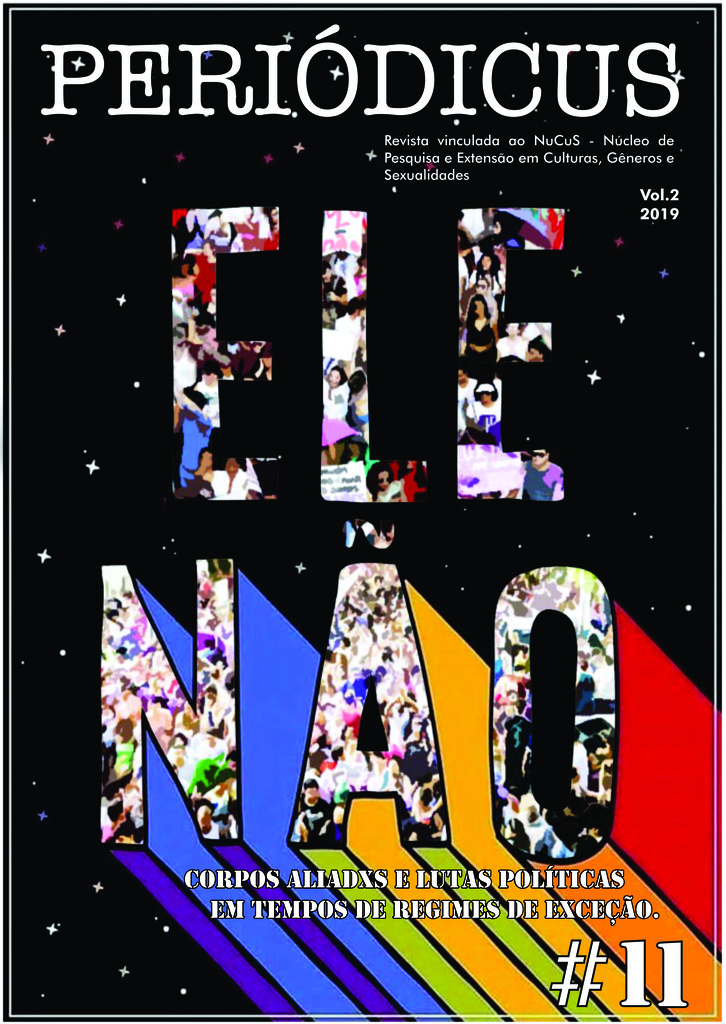SHAKESPEARE’S COMIC AND TRAGIC GENDER ISSUES: AN ATTEMPT AT TRANSGRESSION IN THE TAMING OF THE SHREW (1591) AND ROMEO & JULIET (1597)
DOI:
https://doi.org/10.9771/peri.v2i11.24570Resumo
This article analyses Shakespeare’s literary discourse as an integral factor among the society wherein it was inserted. The overall context of my study is this precise dialogue between the literary structure and the structure of society. The symptoms that I allege literary texts tend to display are crucial for the effective functioning of the narratives herein analysed, and which consist thus in the specific context of my study. Such context consists in Shakespeare’s plays The Taming of the Shrew (1591) and Romeo & Juliet (1597), whose readings focus here specifically on the main characters of both narratives’ attempt at transgressing social borders. The comic and the tragic are not opposed, they are not poles apart in terms of meaning, effects, importance, and structure – in fact, in many occasions tragedy depends on comic stances and vice versa. My findings demonstrate how the frontiers dividing tragedy and comedy are not as concrete as it may seem – and trying to insert them within closed epistemological boxes might be detrimental for any fruitful reading of them. Shakespeare’s main characters in both plays might be read as a historical token of women’s unsuccessful endeavor to defeat repression.
Downloads
Downloads
Publicado
Como Citar
Edição
Seção
Licença
Copyright (c) 2019 Revista Periódicus

Este trabalho está licenciado sob uma licença Creative Commons Attribution-NonCommercial 4.0 International License.
Autores que publicam nesta revista concordam com os seguintes termos:
Autores mantêm os direitos autorais e concedem à revista o direito de primeira publicação, com o trabalho simultaneamente licenciado sob Licença Creative Commons Attribution Noncommercial que permite o compartilhamento do trabalho com reconhecimento da autoria e publicação inicial nesta revista, sendo vedado o uso com fins comerciais.
Autores têm autorização para assumir contratos adicionais separadamente, para distribuição não-exclusiva da versão do trabalho publicada nesta revista (ex.: publicar em repositório institucional ou como capítulo de livro), com reconhecimento de autoria e publicação inicial nesta revista.
Autores têm permissão e são estimulados a publicar e distribuir seu trabalho online (ex.: em repositórios institucionais ou na sua página pessoal) a qualquer ponto antes ou durante o processo editorial, já que isso pode gerar alterações produtivas, bem como aumentar o impacto e a citação do trabalho publicado (Veja O Efeito do Acesso Livre).








